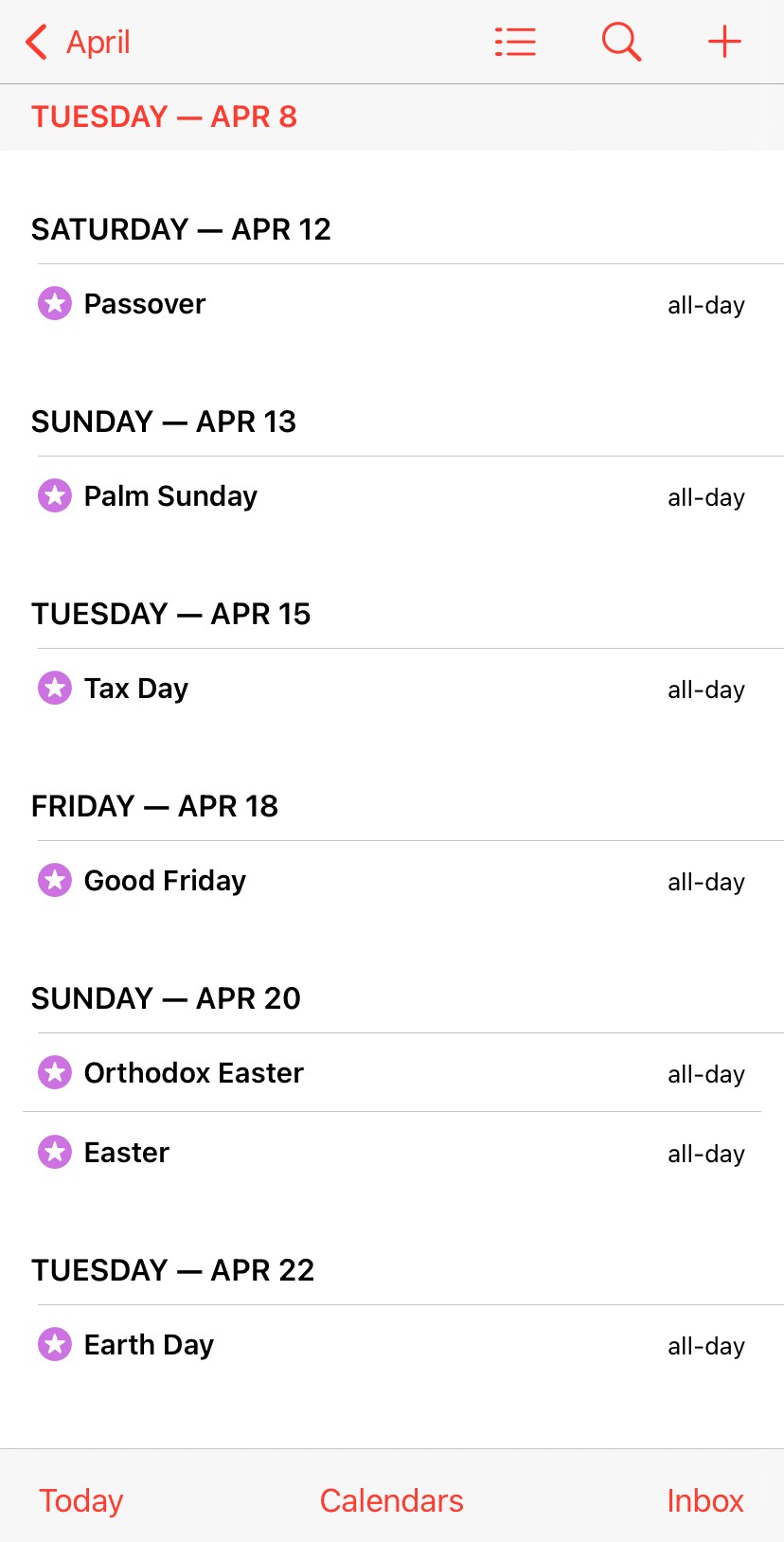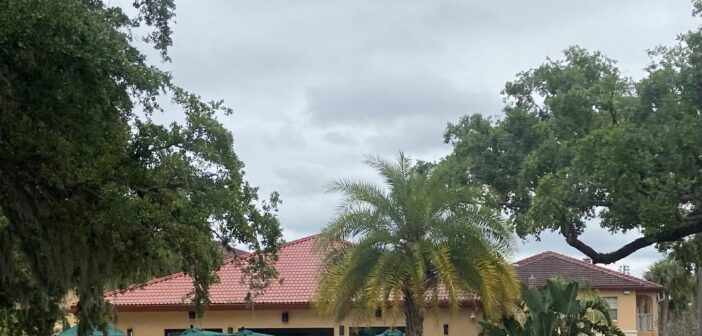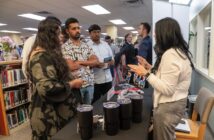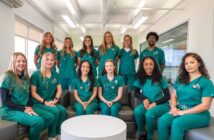By Sayuri Vargas-Hernandez, Contributing Writer
Education is more than textbooks, teachers, and exams. It also includes what the student learns outside of the classroom and how they apply it in real life.
The opportunities they gain outside of school can shape them into the better person they want to become. These lessons can be taught as essential life skills, building character and preparing them for the future.
Many students learn significant lessons outside of class, such as time management. Some students have part-time jobs or have to help at events in their communities. These outside tasksforce students to learn how to balance schoolwork and personal responsibilities.
This is where time management becomes an important skill in a student’s life. Students realize that having a schedule or using tools such as calendars and reminders enhances their ability to stay organized and productive throughout the day.
As students keep practicing these skills, they start improving for their future jobs, careers, and personal lives.
Another valuable skill often developed inside and outside of the classroom is communication. College students must interact with other students and professors from different age groups, perspectives, and ideas during class.
The positive side of working with different backgrounds is that it teaches students how to speak clearly and listen carefully to others. But this also happens outside of the classroom.
Volunteering is a way for students to learn social responsibility; helping those in need teaches empathy and the value of teamwork, like interacting with each other and sharing different ideas that prepare them to be more compassionate individuals.
For example, students from Saint Leo University participate in community events like Habitat for Humanity, which is all about building homes for families in need. Depending on their major, students can also internship with Meal-on-Wheels, which is dedicated to delivering meals to seniors and those in need.
This improves students’ perspective and confidence in speaking with people, allowing them to build stronger connections with them. Communication skills are essential because they make teamwork easier and build trust.
However, life outside the classroom also teaches students to be aware of and learn about different cultures. Saint Leo University is a diverse school, and students have the opportunity to appreciate different cultures, languages, and traditions worldwide. These experiences, such as the Intercultural Pageant, promote openness and respect for others.
Personal development is another critical lesson gained outside of school. Every student faces challenges, which helps them build resilience and emotional strength. In many cases, students fail at a task, which can result in disappointing outcomes, but it teaches them to become more patient and determined.
Failing is a life lesson; students can grow stronger and more confident. They start seeing challenges as opportunities to improve. As a result, students develop emotional intelligence by understanding their feelings and the emotions of others, which can enhance relationships and make them better people overall.
“When I started learning different skills to complete my tasks, I realized that college could be easy. However, it is also important to remember that discipline is not easy. Many students will fail, and it’s all good.” said Antonio Mata, a student majoring in cybersecurity.

“Students should see it as a learning process. No matter how many times you fail, if you keep trying, you will get your reward at the end of the day, such as graduating from college and chasing your dreams,” Mata said.
Learning outside the classroom can also include students applying school knowledge to real-life situations.
For example, students who know about accounting might use it to budget their allowance or start a business.
A science class can help students see the environment differently and learn how animals or cells reproduce.
Art or literature can help students decide what hobbies and personal projects they want to pursue. Students who apply what they learn in school to real-life situations are students who see how education has practical benefits.
Overall, it is a good thing to learn from outside the classroom as important as lessons taught in school. As mentioned earlier, time management, communication, problem-solving, cultural awareness, and personal growth are critical to gain through life experiences.
Each lesson prepares students for the complexities of life and helps them grow into well-rounded individuals. Education does not end when school day ends, which continues in our world.





